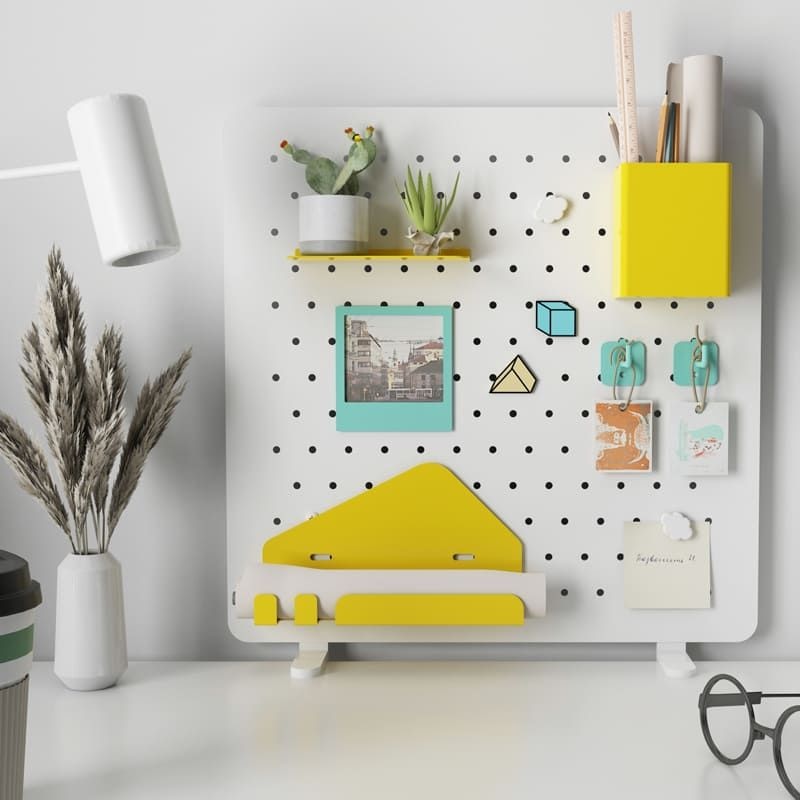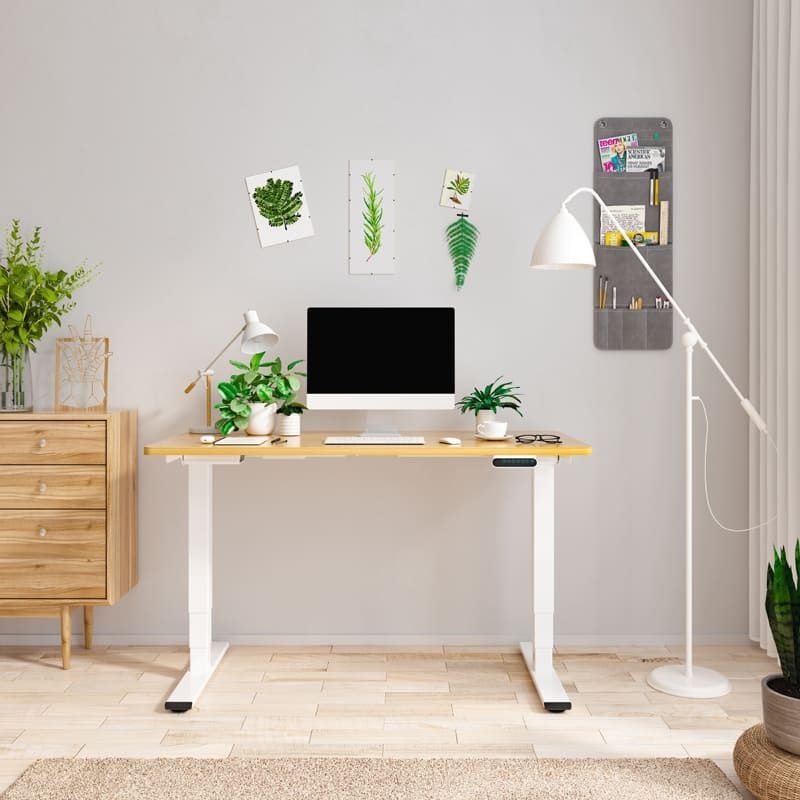Do you ever feel like you're stuck in a rut when it comes to your work habits? It can be tough to break out of old routines and develop new, positive work habits that will stick. But it's worth it! Not only will good work habits make you more productive, but they will also help protect your mental health and boost your mood.
Here are 10 simple tips to help you get started:
#1 Start with one small change
Trying to overhaul all of your work habits at once is bound to be overwhelming. So start small! Choose one thing you want to work on, and make a plan for how you're going to change that habit.
For example, if you want to start taking regular breaks during the day, set a timer every hour and step away from your workstation for five minutes. Once that's become a comfortable routine, you can move on to tackling another work habit.
#2 Get organized
This one might seem obvious, but it's worth mentioning! A cluttered workspace can make it harder to focus and be productive. Spend some time decluttering your desk, both physical and digital.
Create a system for filing away paperwork, and set up folders on your computer to keep things organized. Invest in a pegboard, a set of under-desk drawers or a stationary organiser. Clear out your email inbox and set up automatic filters to keep it tidy with minimal effort. You'll be surprised how much of a difference this can make!

#3 Find a work buddy
Change is always easier with some support! See if there's someone at work who's also looking to develop positive work habits. You can encourage each other, share tips and hold each other accountable.
#4 Refresh your mindset and move your body
As well as sharing your journey with a work buddy, help to refresh your mindset by building a healthy routine which encourages you to shake off the cobwebs.
Get some fresh air, go for a walk, and regularly move your body. Sitting for too long in the same position is not only bad for your body, it can also make you feel stuck in a negative mindset.
Standing desks are great ways to break the routine, increase your movement and refresh your way of thinking.

FlexiSpot’s Active standing desk EQ5
#5 Set realistic goals
When you're trying to develop new work habits, it's important to set realistic goals. Otherwise, you're setting yourself up for disappointment. If you're not used to taking regular breaks during the day, don't expect yourself to start taking an hour-long lunch break tomorrow. Start small and work your way up to bigger changes. Those small initial successes will give you the motivation needed to make bigger changes over time.
#6 Make a plan
Once you've decided what work habit you want to change, sit down and make a plan. What are the specific steps you need to take to make this change? When will you do them? Having a solid plan in place will make it much easier to stick to your goals.
Try increasing your commitment to your new work habit week-on-week. For example, if your goal is to better protect your off-the-clock hours, start by deleting your work email app from your phone and keeping one day a week completely free from work. The week after increase this to a full work-free weekend. On the third week, commit to an additional mid-week early-finish as well as the weekend off.
#7 Find a trigger
A trigger is something that reminds you to do the new behaviour you're trying to adopt. For example, if you're trying to remember to drink more water during the day, set a reminder on your phone or keep a water bottle next to your desk. If you are attempting to reduce your social media doom scrolling, set up app blockers on your phone and block tempting websites on your computer. Find a trigger that works for you and use it!
#8 Create positive associations
Change can be difficult, but it's important to focus on the positive aspects of the new work habit you're trying to develop. For example, if you're trying to cut back on distractions during work hours, remind yourself of how good it will feel to be productive and get things done. Surround yourself with positive slogans, put up photographs showing happy memories around your workspace and socialise with positive people.
#9 Track your progress
It can be helpful to keep track of your progress as you work on developing new work habits. This will help you see how far you have come and stay motivated. You can use a simple notebook or create a spreadsheet with all the details.
#10 Be patient
Change takes time, so don't get discouraged if you don't see results immediately. Habit formation is a process, so give yourself time to adjust. Soon enough, the new work habit will become second nature!
Developing positive work habits is an important step in creating a happy and healthy work-life. With just a little effort and patience, you can make lasting changes that will improve your productivity, mental health and overall wellbeing.